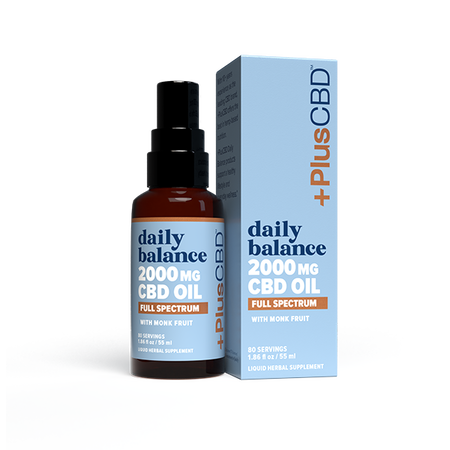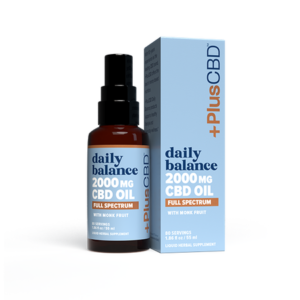Effortless waste disposal is an essential aspect of maintaining cleanliness and sustainability in both residential and commercial spaces. Managing waste efficiently reduces health hazards, minimizes environmental impact, and contributes to a well-organized living and working environment.
Many people struggle with waste disposal due to a lack of knowledge, inadequate systems, or simply the inconvenience associated with sorting and disposing of different types of waste. However, integrating simple habits and effective strategies can make the entire process seamless and manageable. Contact Junk Removal Chandler for professional help.
Understanding waste classification is a fundamental step in efficient disposal. Sorting waste at the source ensures proper handling and treatment. Organic waste, consisting of food scraps and biodegradable materials, should be separated from non-biodegradable waste. Recycling materials such as paper, plastics, glass, and metal should be designated for collection or repurposing. Hazardous waste, including electronic waste, batteries, and chemicals, requires special handling to prevent contamination and harm. By categorizing waste correctly, disposal becomes more systematic, reducing the risk of pollution and health issues.
Incorporating waste reduction practices is another approach to streamlining disposal efforts. Minimizing waste generation at the household or business level helps reduce the burden on disposal systems. Choosing reusable products instead of single-use items significantly cuts down waste production. Composting organic waste at home or in commercial spaces not only reduces the volume of garbage but also creates nutrient-rich material for gardening and agriculture. Avoiding unnecessary packaging, opting for digital documentation over paper, and utilizing energy-efficient appliances contribute to lowering overall waste output.
Convenience plays a crucial role in ensuring waste disposal remains effortless. Having designated bins for different types of waste in accessible locations encourages proper segregation. Establishing a routine for waste collection and disposal prevents accumulation, reducing unpleasant odors and potential pest infestations. Businesses and households alike benefit from structured waste management plans, which may involve setting specific disposal days, educating occupants on proper waste handling, and integrating technological solutions for monitoring waste levels.
Innovations in waste management technology offer solutions that make disposal more efficient. Smart bins equipped with sensors can notify when they are full, optimizing collection schedules. Automated sorting systems help streamline recycling efforts, reducing the need for manual separation. Mobile applications and digital platforms provide real-time updates on waste collection schedules and locations for drop-off centers. Utilizing these technological advancements can simplify the process, ensuring waste is managed effectively without excessive effort.
Businesses have a significant role in maintaining efficient waste disposal practices. Implementing policies that prioritize waste reduction, recycling, and responsible disposal can contribute to sustainability goals. Encouraging employees to participate in waste reduction initiatives, offering training programs, and collaborating with waste management services foster a culture of responsibility. Establishing a clear waste management strategy within an organization helps reduce operational costs while maintaining environmental compliance. Large-scale waste producers, such as industries and commercial establishments, should invest in proper disposal systems to prevent environmental harm and legal consequences.
Households can also contribute to waste reduction by adopting simple and sustainable habits. Practicing mindful consumption by purchasing only what is necessary minimizes excess waste. Repurposing old items instead of discarding them extends their usability. Donating usable goods to charities or community groups prevents items from ending up in landfills. Engaging in local recycling programs and supporting community waste management initiatives strengthens collective efforts toward responsible disposal.
Public awareness and education play a crucial role in promoting effortless waste disposal. When individuals understand the consequences of improper waste handling, they are more likely to adopt sustainable practices. Schools, businesses, and community organizations can conduct awareness campaigns, workshops, and training sessions to inform people about the importance of waste segregation, recycling, and proper disposal techniques. Providing accessible information and resources encourages more people to participate in effective waste management.
Government regulations and policies also influence waste disposal practices. Authorities can implement stricter waste management laws, incentivize recycling, and provide necessary infrastructure for efficient waste handling. Waste disposal services should be easily accessible, ensuring that both residential and commercial areas have adequate facilities for collection and processing. Strengthening policies that promote the use of eco-friendly packaging, sustainable production, and waste-to-energy initiatives supports a cleaner and more sustainable environment.
Effortless waste disposal is not only about convenience but also about responsibility. The cumulative effect of small, consistent actions taken by individuals, households, and businesses leads to significant improvements in waste management. Adopting practical strategies such as waste segregation, reduction, and recycling, while leveraging technology and community involvement, ensures that waste disposal remains efficient and sustainable. Making informed choices about waste handling contributes to a cleaner environment, healthier communities, and a more resource-conscious society. The goal is to integrate these practices seamlessly into daily life, making waste disposal a natural and manageable part of routine activities. By fostering a culture of sustainability and responsibility, everyone can contribute to a more efficient waste management system that benefits both people and the planet.


 Self-Awareness Tools
Self-Awareness Tools
